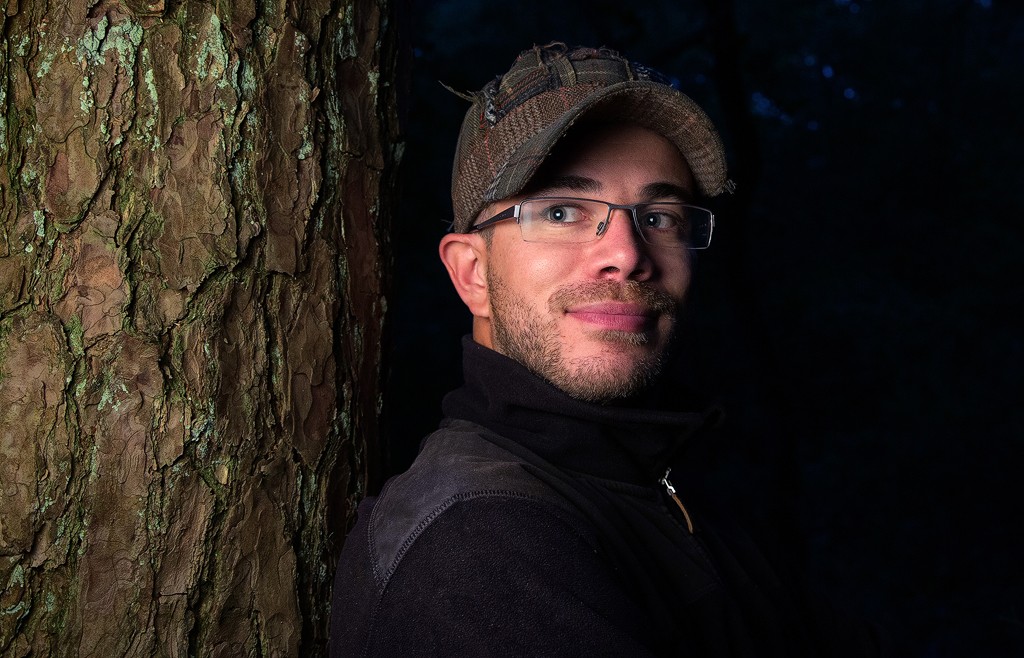
Date of birth: 14th of June 1979
How did you become passionate about nature photography?
My parents initiated my affection towards the natural world. But although my father took lots of photographs during my youth, it wasn’t until I finished a laboratory study that I bought my first SLR-camera. I remember buying this camera from my first paycheck, not knowing anything about photography… all I knew was that I loved taking pictures… I was hooked.
To acquire more knowledge about the natural world I decided to start a biology study at the Vrije Universiteit Amsterdam. After reaching an ecology degree, one of my photographs (taken during a MSc trainee period on Svalbard) was announced to be the winner of the Grasduinen nature photography contest. It was then that I decided to pursue a career in photography.
What do you take with you on a photoshoot?
I use Canon DSLR equipment and while I mainly tend to use my trustworthy Canon EOS1DX, on which I can fully rely under the roughest conditions, the equipment I use varies from one photoshoot to another. I generally use focal lenghts ranging from 14mm up to 800mm, depending on the job. You wouldn’t see me working without my LowePro Street & Field system, a fantastic pair of Leica binoculars and (when using long lenses or long exposures) one of my Gitzo tripods. Recently I’ve added the ProFoto B1 500 AIR TTL flash system to my toolbox, which allows me to really work with artificial light in the field. I’m very thankful for the support so many camera manufactures are offering in order to let me do my job. However, one should never forget that equipment only becomes essential in the translative process of ones vision. Without a vision, all this equipment could easily be blocking your creative path.
What subject do you prefer to photograph and why?
The subject isn’t really important. I believe that as long as you spend enough time with your subject, you’ll eventually get to know it at the level that you’ll be able to show it’s true character. That’s when it becomes interesting.
What is your favorite nature preserve?
I have none really. But I prefer working in remote area’s where I can see the horizon, or to work within our densely populated human society.
What is your favorite shooting position?
For me there isn’t such thing. It really depends on the situation. Photography is a reflection of life itself and you should take it as it comes and try to work with its qualities and limitations at the same time. Every time you need to ask yourself what would be the best approach to bring a subject to life and do the situation justice.
Which nature photographer do you admire?
I admire those whose images touch your soul as their works speak from the heart.
What quality must a nature photographer absolutely have?
You need to be able to think beyond the registration and to be able to communicate… and to do that you need to be open to your personal emotions like with all art forms.
Which light situation do you prefer?
Overcast or warm indirect sunlight
Which setting do you prefer: Manual-Aperture Priority-Shutter Priority?
I usually work in full manual, but depending on the situation I sometimes switch to aperture or shutter priority.
In percentage terms how much time do you take to create an image and to process the image?
Pressing the shutter takes a fraction of a second, processing is a matter of minutes, but getting to take a photograph can take days, weeks or even months. So if you want me to talk percentages…processing would be less than 1%. You create a photograph in the field, and that process doesn’t work without proper preparation.
Which processing program do you use?
For making quick edits and adding IPTC data I rely on Photo Mechanic, for the actual RAW processing and image processing I use Adobe Photoshop CC and for archiving purposes I use Adobe Lightroom.
Do you have any advice for future nature/wildlife photographers?
As a photographer you want to take your audience on a journey to the unknown, being the paths of your imagination. And the only way to make people amaze people, is to be amazed yourself. Be open to new experiences and personal emotions, analyze them and try to find ways to translate these experiences and emotions to a two dimensional frame. Your technical abilities will help you throughout the translative process, but are not a prime concern. So forget about your camera for a while as it is not technical perfection that moves the heart.
You can find out more about Jasper Doest on his website: http://www.jasperdoest.com/